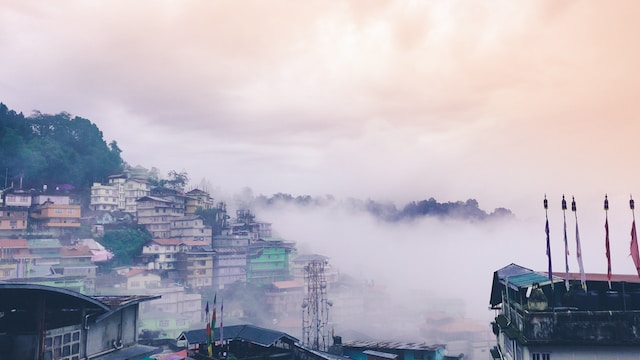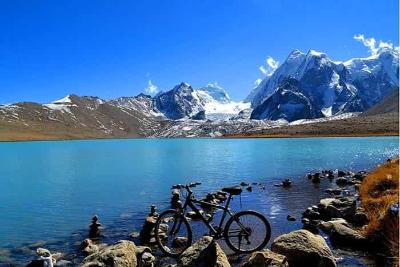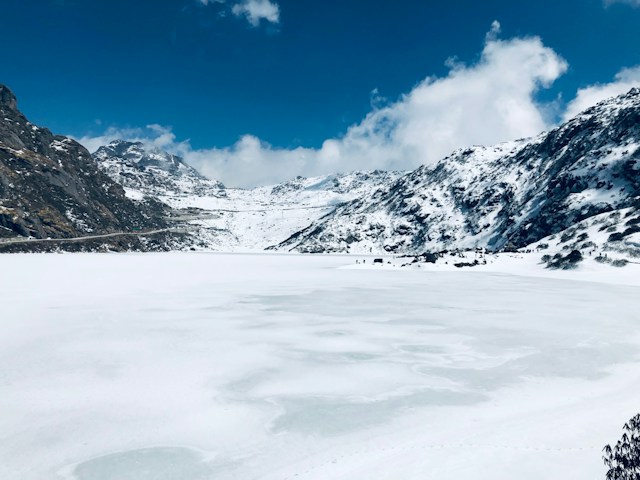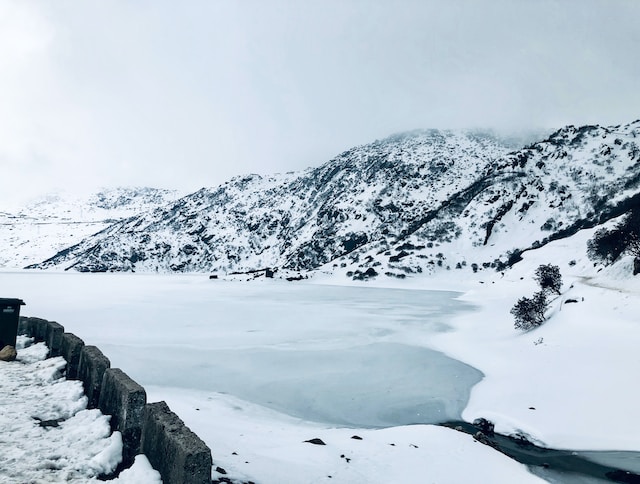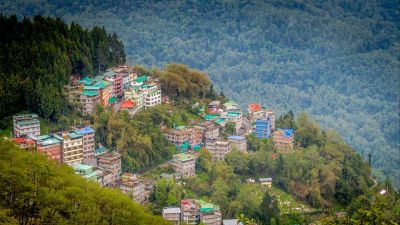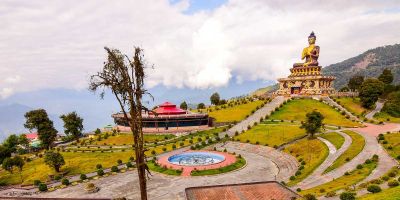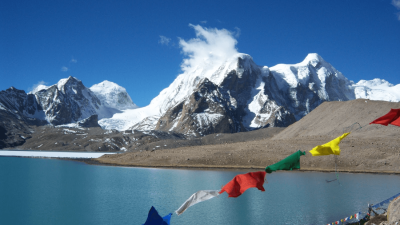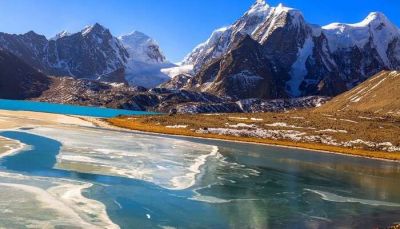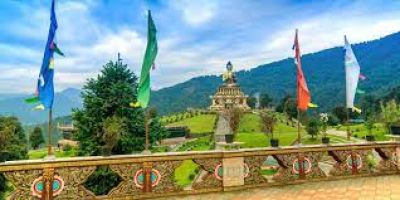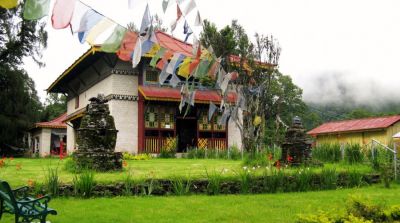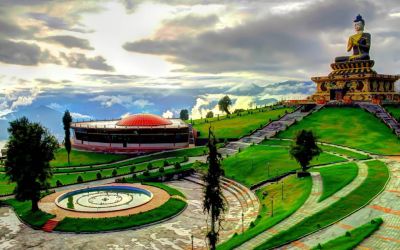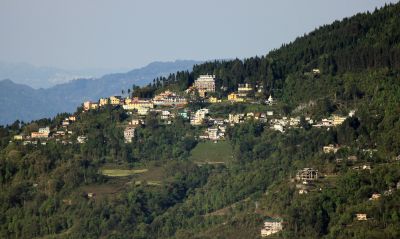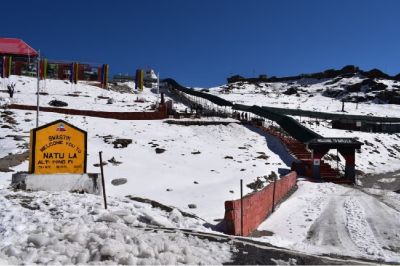Ensuring Safety and Health During Your Family Trip to Sikkim
Ensuring Safety and Health During Your Family Trip to Sikkim
Planning a family trip to Sikkim, the beautiful northeastern state of India, is an exciting prospect. Sikkim offers breathtaking landscapes, serene monasteries, and a unique blend of cultures that will make your trip memorable. However, it is important to prioritize safety and health during your journey to ensure a smooth and enjoyable experience for everyone in your family. In this blog post, we will discuss some essential tips and precautions to keep in mind while exploring the wonders of Sikkim.
Research and Plan Your Itinerary
Before embarking on your trip, it is crucial to conduct thorough research about the destinations you plan to visit in Sikkim. Understand their geographical features, weather conditions, and possible health risks. While Sikkim is generally safe for travelers, it is essential to be aware of any potential dangers or challenges you might face during your journey. Consult reliable travel resources and websites to gather information about popular tourist spots, accommodations, and transportation options.
Once you have gathered sufficient information, create a detailed itinerary that includes all the places you wish to visit, along with a backup plan in case of unforeseen circumstances. It is always wise to have alternative options and flexibility in your itinerary to adapt to changing conditions.
Health Check-up and Vaccinations
Before traveling to any destination, especially to a remote location like Sikkim, it is advisable to schedule a health check-up for every family member. Consult your family physician and inform them about your travel plans. They will be able to provide valuable advice specific to your family's needs, identify any underlying health issues, and recommend necessary vaccinations.
It is recommended to be up-to-date with routine vaccinations such as measles, mumps, rubella, diphtheria, and pertussis before traveling. Additionally, certain vaccinations like Hepatitis A, Typhoid, and Japanese Encephalitis might be recommended, depending on the duration and nature of your stay in Sikkim. Discuss your travel plans with your doctor well in advance, as some vaccinations may require multiple doses or take time to build immunity.
Stay Hydrated and Consume Safe Food
While touring Sikkim, it is crucial to stay hydrated and consume safe and hygienic food. Carry a sufficient supply of bottled water and drink it regularly to avoid dehydration, especially in high-altitude areas. It is recommended to drink boiled or properly treated water to minimize the risk of waterborne diseases.
When it comes to food, Sikkim offers a variety of delicious local cuisine. However, it is essential to be cautious while trying street food or eating at local eateries. Opt for restaurants and food stalls with a good reputation for cleanliness and hygiene. Avoid consuming raw or undercooked food, and prioritize cooked meals that are served piping hot. Remember to wash your hands frequently before and after meals, using soap or hand sanitizers.
Acclimatize and Be Mindful of Altitude Sickness
Sikkim is known for its mesmerizing high-altitude landscapes, including the famous Nathula Pass and Gurudongmar Lake. However, traveling to such high altitudes can increase the risk of altitude sickness, also known as acute mountain sickness (AMS). Altitude sickness can affect anyone, regardless of age or physical fitness.
To avoid altitude sickness, it is recommended to acclimatize gradually. Spend the first couple of days in Sikkim exploring lower-altitude areas like Gangtok and Pelling, before ascending to higher altitude destinations. Stay hydrated, avoid strenuous activities during the initial days, and listen to your body. If you or any family member experience symptoms like headaches, dizziness, nausea, or shortness of breath, descend to a lower altitude immediately and seek medical help if necessary.
Be Prepared for Weather Changes
Sikkim's weather can be unpredictable and can change rapidly, especially in the mountainous regions. Pack appropriate clothing and accessories to prepare for various weather conditions. Carry warm clothing, raincoats, and umbrellas to tackle sudden rain showers or unexpected drops in temperature.
While exploring Sikkim, especially if you plan to go trekking or hiking, it is always advisable to hire experienced and licensed guides. They will have a better understanding of the local terrain, weather patterns, and can provide valuable assistance in case of any emergencies.
Conclusion
Family trips to Sikkim can be an incredible experience filled with breathtaking adventures and unforgettable memories. By prioritizing safety and health during your journey, you can ensure that your family trip remains worry-free. Remember to research and plan your itinerary, schedule health check-ups and vaccinations, stay hydrated and consume safe food, acclimatize gradually, and be prepared for weather changes. With these precautions in place, you can have a fantastic time exploring the beauty of Sikkim while keeping your loved ones safe and healthy.
Do you have any other tips or experiences to share regarding safety and health during a trip to Sikkim? Feel free to leave a comment below and let us know. And don't forget to share this blog post with your fellow travelers!
Disclaimer : The information provided in this blog is for general informational purposes only. While we strive to keep the content accurate and updated, TravelSetu assumes no liability for errors or omissions. If you believe any part of this blog infringes your rights or causes concern, please notify us immediately at info[at]travelsetu[dot]com so that appropriate action can be taken.



